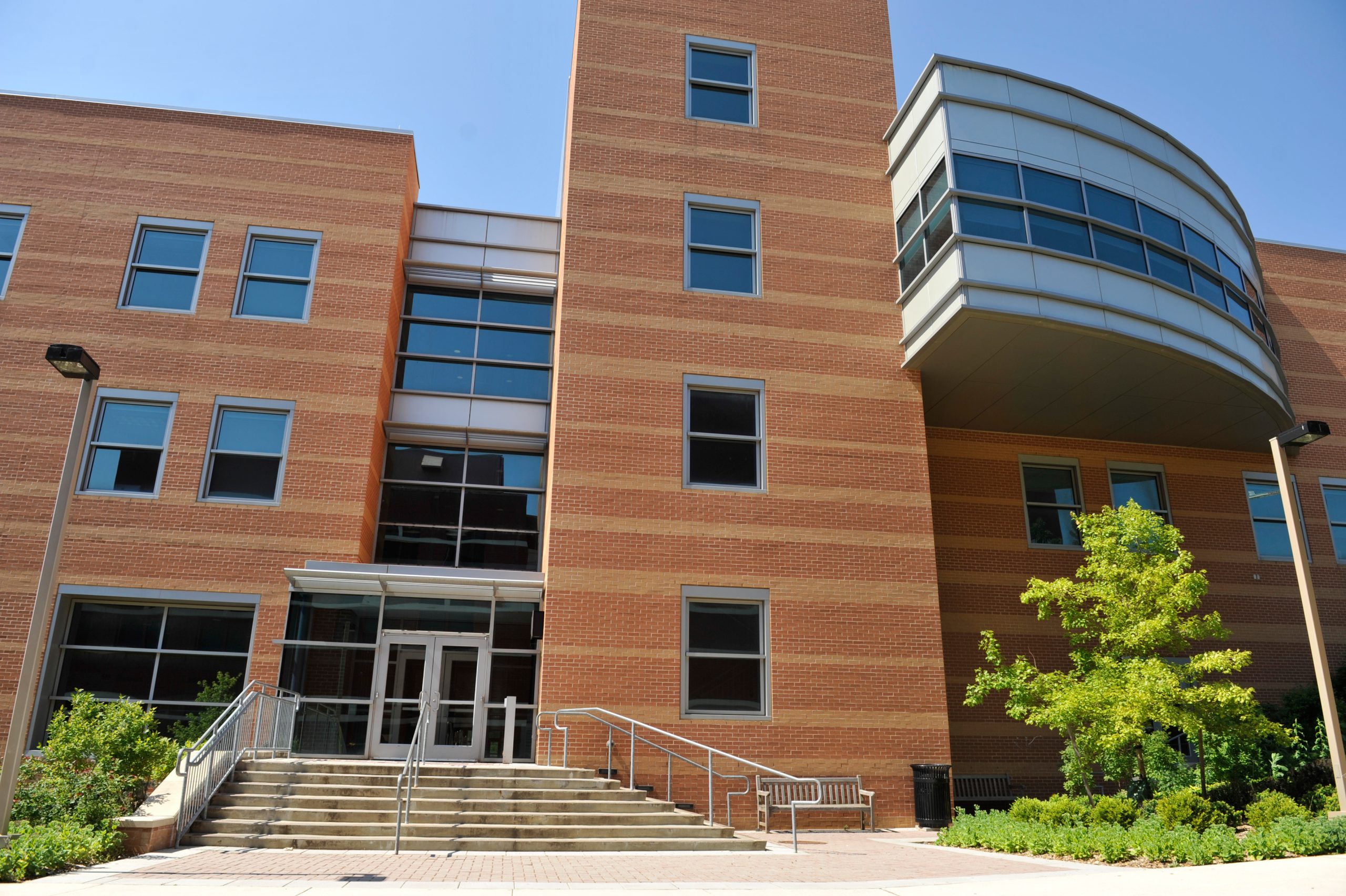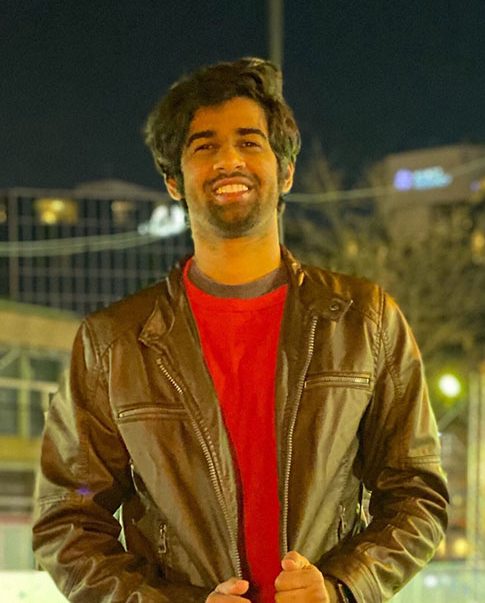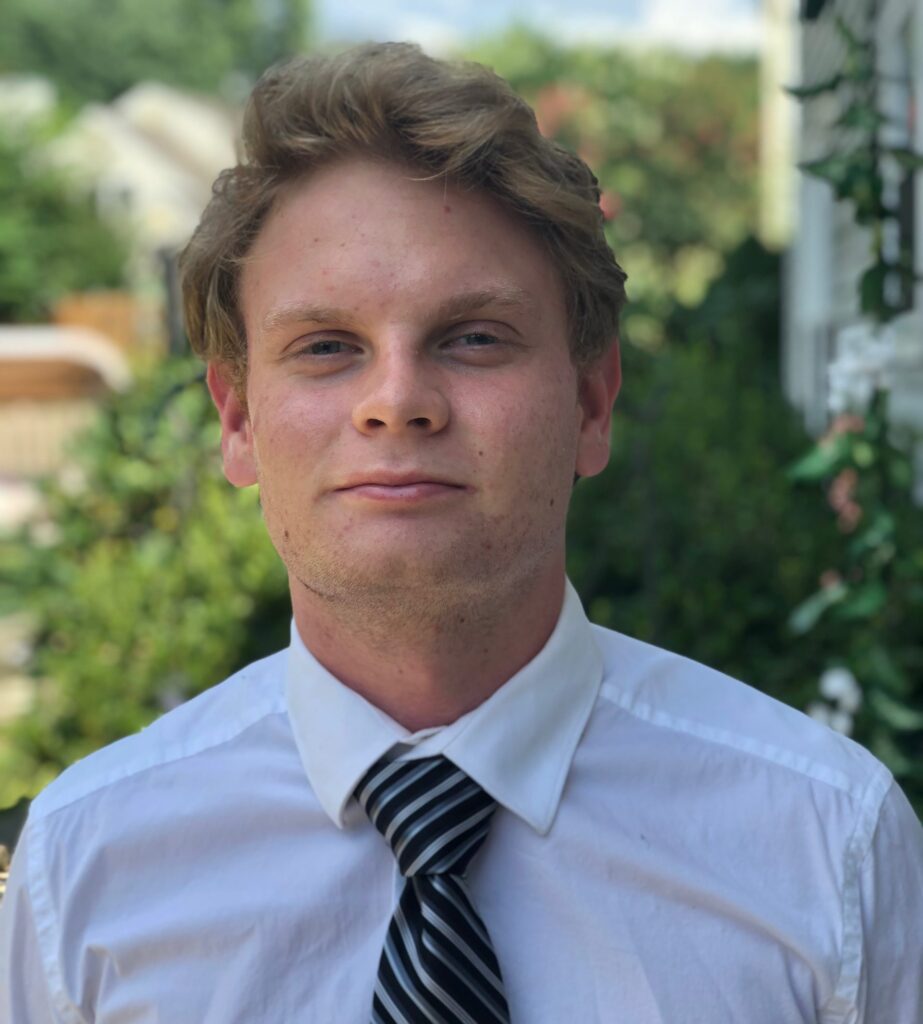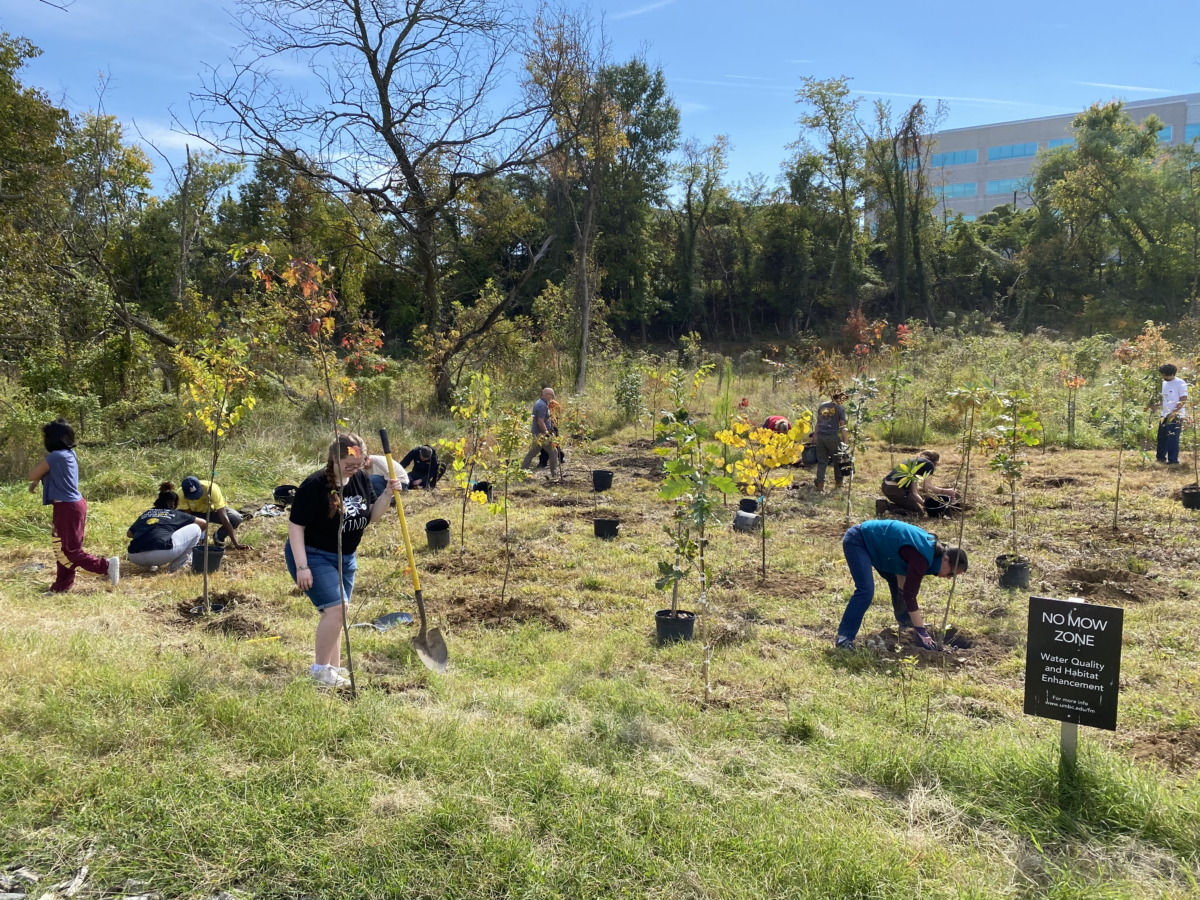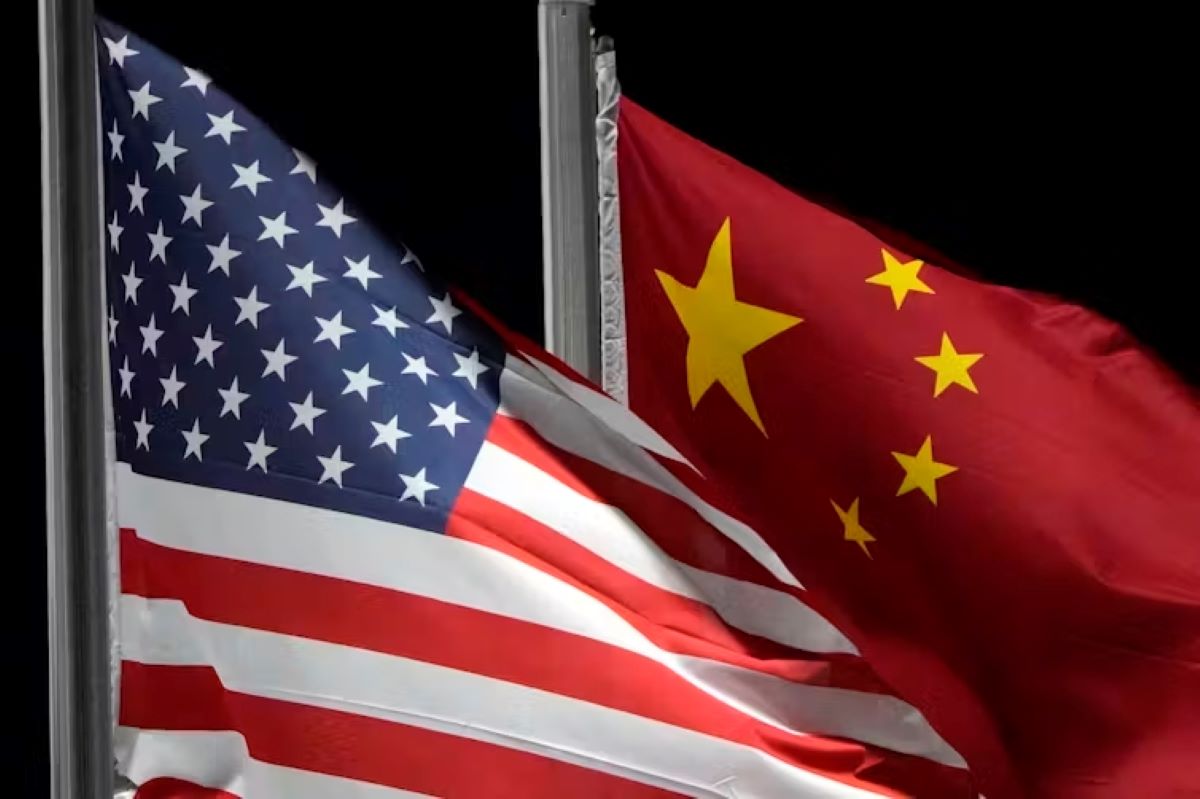Earlier this summer, the University System of Maryland (USM) COVID-19 Task Force invited members of the USM community to develop mobile apps that would help Maryland residents respond to the COVID-19 pandemic. Among the six winning teams just announced are two groups from UMBC. One team developed an app to support the healthcare of people with COVID-19. The other focused on connecting residents with dining options and restaurant policies as they change during the pandemic.
Community participation
Each of the six winning teams received a $3,000 award, provided by UMBC’s Alex. Brown Center for Entrepreneurship. The apps submitted were reviewed by a panel of judges from large corporations, start-up companies, and academia.
Undergraduate and graduate students were invited to participate, as well as university staff, faculty, postdoctoral researchers, members of USM-affiliated startup companies and small businesses. Winners hailed from UMBC, University of Baltimore, Towson University, and University of Maryland, College Park.
Tracking health conditions of COVID-19 patients

Kirubel Tolosa. Photo courtesy of Tolosa. 
Pradeep Prakash. Photo courtesy of Prakash. 
Raghav Deivachilai. Photo courtesy of Deivachilai.
In the community category, Kirubel Tolosa M.S. ‘23, information systems; Pradeep Margasahayam Prakash M.S. ‘21, information systems; and Raghav Deivachilai M.S. ‘23, computer science, created an app called Follow-up. The app enables healthcare providers to track the condition of people with COVID-19 who are isolating at home. By receiving regular symptom updates, physicians and nurses are able to more easily follow-up with their patients as needed.
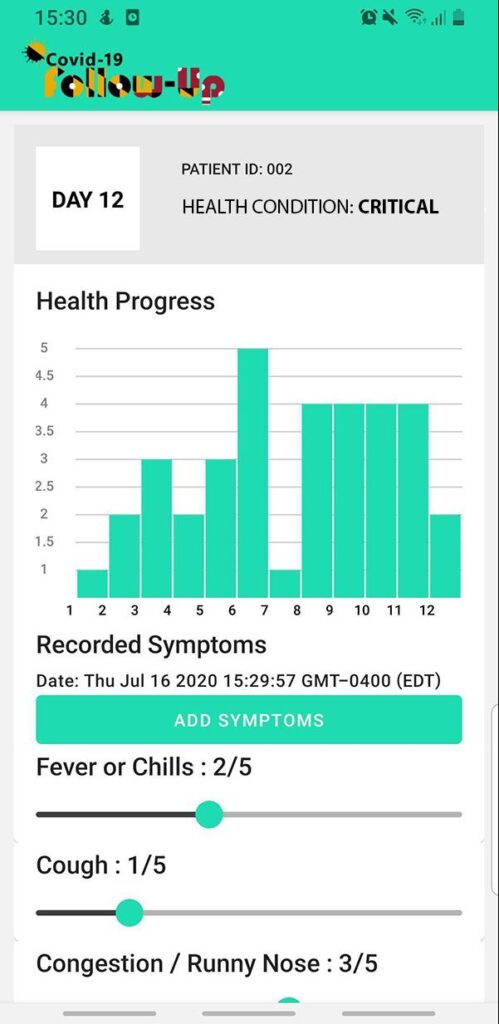
The Follow-up team entered the app challenge with the goal of developing an app that would help address the spread of the virus and its impact on affected individuals. At the same time, they knew they had to design and prototype their app in a short time frame, so their scope and requirements had to be manageable.
“This challenge has taught us the value of teamwork and collaboration,” said Tolosa, on behalf of the group. “We are looking forward to working on this app further to put it to use in a real-world setting.”
Supporting restaurants during COVID-19
The app Snuggrub, developed by Emily Sullivan ‘21, computer science, and Dominic Crofoot ‘19, computer science, was a winner in the student category. Sullivan and Crofoot focused on the way that many formerly full-service restaurants shifted to pick-up only service or outdoor dining during the pandemic. At the same time, dining regulations, guidance, and options began changing frequently. They developed a way for users to stay up-to-date on information about nearby restaurants without needing to contact individual businesses to ask the same questions repeatedly.

Emily Sullivan. Photo courtesy of Sullivan. 
Dominic Crofoot. Photo courtesy of Crofoot.
The app allows users to stay informed and receive real-time updates, while making decisions based on current information. It also supports restaurants in connecting with customers and providing them with the information they need to dine safely.
Sullivan shares that the idea for Snuggrub came from wanting to support small businesses that were facing challenges due to isolation during COVID-19. “During the time when restaurants were just opening back up for indoor or outdoor dining, it was messy trying to figure out if the hours and information posted online were accurate and updated. The only way to figure it out was to call them directly, which is time-consuming for both us and the restaurant,” she says. “So Snuggrub became a way to have all that information in one place and have it easy to understand.”
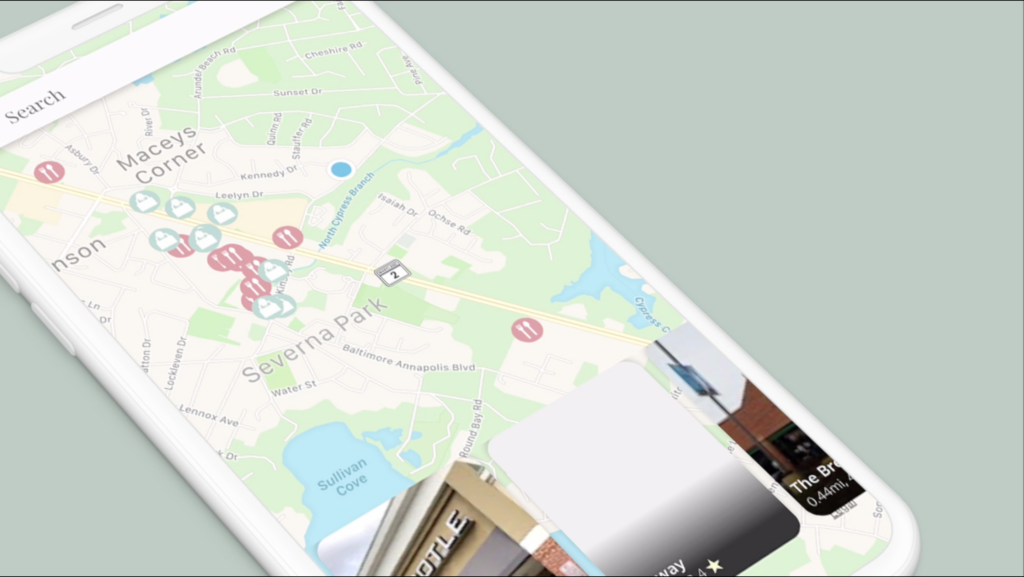
The opportunity to develop an app to help address a challenge facing people across the state was appealing to Sullivan and Crofoot because it allowed them to put their skills to the test. They met when they were both interns at the Anne Arundel County Office of Information Technology. While Sullivan is still a UMBC student (and interning with the federal government), Crofoot is currently a full stack developer for Anne Arundel County.
“Dominic and I both have experience creating applications from our jobs, but this process was totally different since we were creating something from the ground up and we were doing it with such a small team and short deadline as well,” says Sullivan. “This definitely was a learning experience in personal discipline and timeline management.”
Banner image: UMBC’s ITE building. Photo by Marlayna Demond ’11 for UMBC.
Tags: COEIT, CSEE, IS, Resilience

